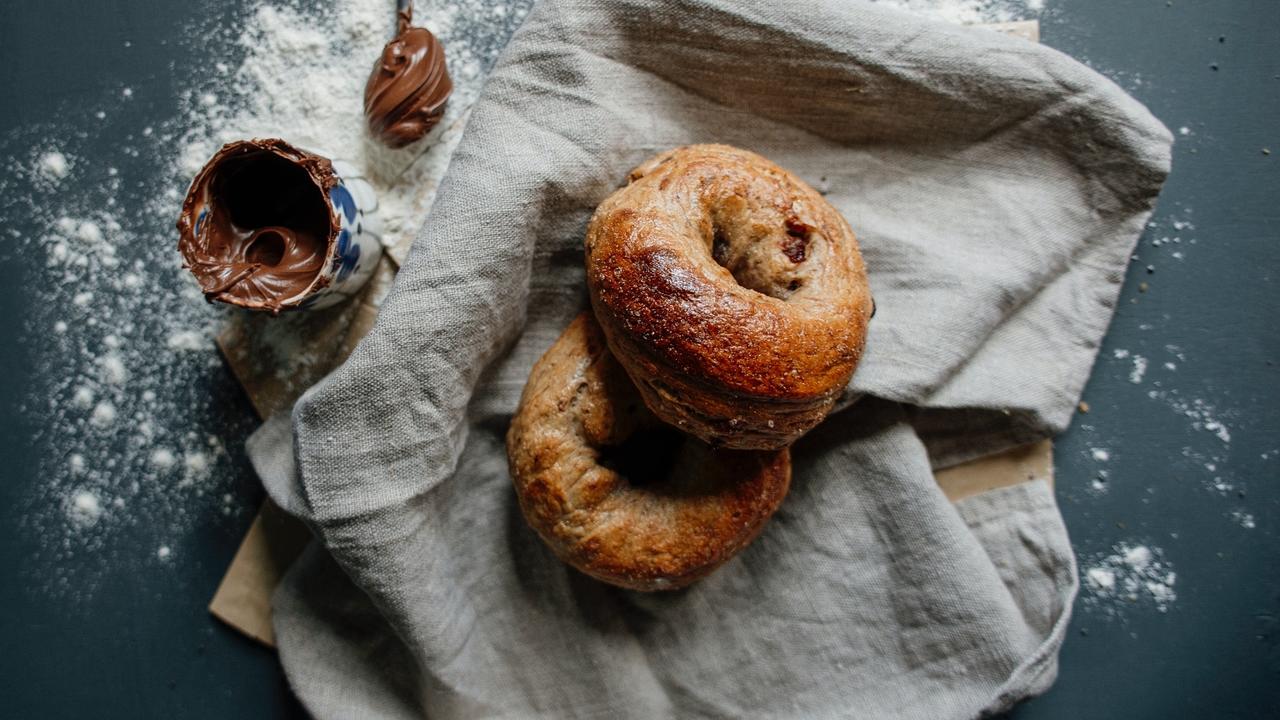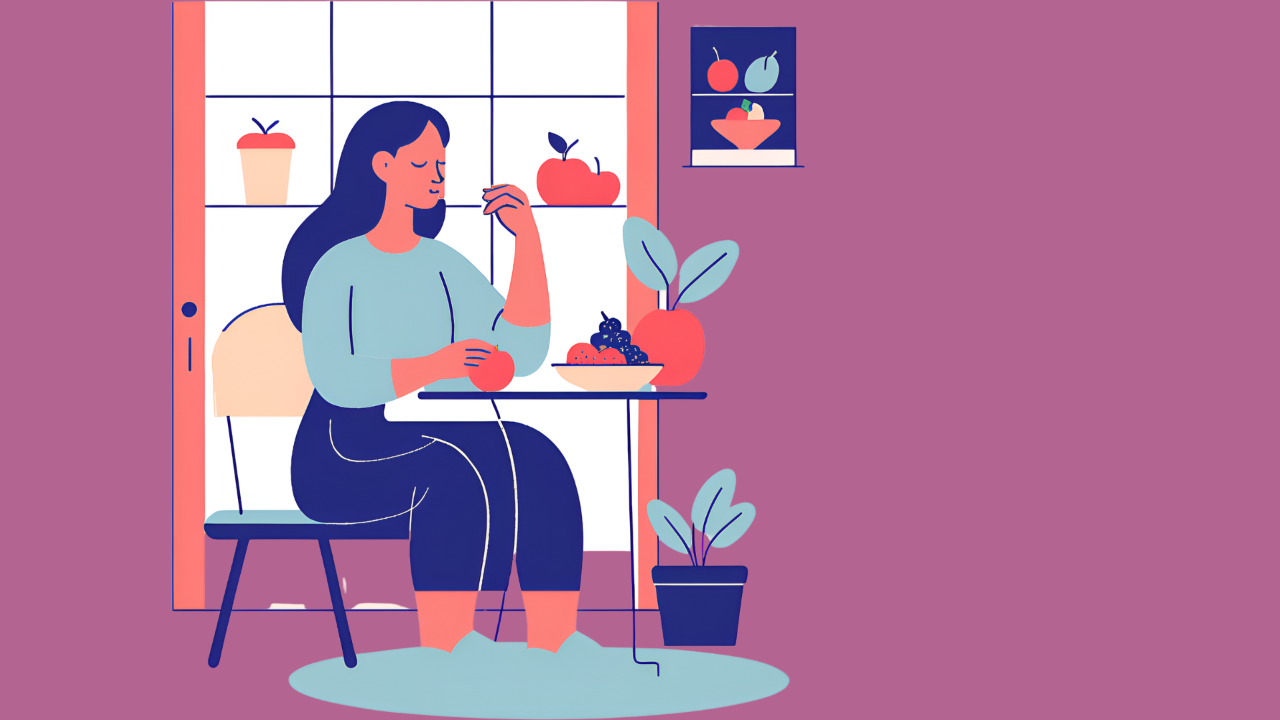How would you describe your relationship with food? Relaxed, enjoyable and Flexible? Or does it feel more like stress, shame and guilt? If it feels like the latter, it may be time to explore what's really going on.
A poor relationship with food can affect many aspects of your life from your social life and relationships to your productivity and mental health. If you're tired of your food worries impacting your life, here's some first steps to moving away from food stress.
3 steps to make peace with food:
1. Let go of food rules
Food rules are dieting. Even if they don't call themselves a diet, food choices guided by rules, in any shape or form, create a sense of moral value around certain foods or eating behaviours.
This moral value leads to constant worries about whether the correct food will be available or if you have the willpower to maintain this way of eating. When the food rules are deemed broken, this triggers guilt and shame. Both of which can lead to further undesirable eating behaviours such as a binge eating-restriction cycle.
A 2007 review of adolescents eating patterns and weight changes over 5 years found that dieting (aka following food rules) leads to weight gain. It found that dieting predicted increased binge eating. The authors conclude "In part, dieting may lead to weight gain via the long term adoption of behavioural patterns that are counter-productive to weight management".
This is a pattern we see over and over. Food rules lead to increased stress and less healthy behaviours in the long term. Letting go of the "rules" governing eating behaviours takes away morality from food, removes the stress from eating and leaves you open to understand how food really feels in your body.
2. Team up with your body
Do you feel you are in a fight with your body? One of the guiding principles for engaging in dieting is to change your body, generally this is associated with shame or dislike in your "here-and-now" body. How often do you feel shame toward yourself? Is this shame helpful in motivating you to achieve your health goals?
Turns out it's not. What we see on an individual and public health level is shame prevents engagement in healthy behaviours, both physically and mentally.
A 2017 review found that increased shame in oneself is such a powerful determinant of poorer health behaviours the authors state "it is imperative that it's vital role in health, health-related behaviours and illness be recognised and assimilated into medical practice". While positive body image has been associated with less unhealthy dieting behaviours, lower rates of depression and higher self-esteem thereby improving overall health and well-being.
So, how do you work on improving your body image? A great place to start is to stop "body bashing", as Evelyn Tribole and Elyse Resch (The founders of Intuitive Eating) put it. "Every time you focus on your imperfect body parts, it creates more self-consciousness and body worry". It is difficult to develop respect for yourself when you are constantly critiquing every bump. Write a list of positive statements about yourself and when you find these negative thoughts arising, try replacing with one of your positive affirmations.
3. Get curious
Do you get angry at yourself for eating "too much" or perhaps feel guilty that you skipped the gym- again? These negative emotions toward your actions do not explore why. You aren't "lazy", you don't "lack self-control", there's a reason behind your behaviours.
For many people, issues with food have little to do with the food itself. It starts with deeper needs that are not being met. Many of my clients find they are not adequately nourishing themselves during the day resulting in a primal hunger drive in the evening. For others, emotional support or coping strategies are missing while, for many, a focus on the external food and body rules takes away attunement of their body's needs.
Viewing your behaviours with curiosity opens up a space to explore the underlying reasons for your actions and increase attunement towards your body's primal signals and emotions. Shifting your mindset from judgement to curiosity, you can work towards building a solid foundation for health which will nurture positive behaviour change.
Author Bio:
Written by Emma Townsin, Registered Dietitian and Certified Intuitive Eating Counsellor
Emma is the founder of Food Life Freedom and the host of the Food & Life Freedom Podcast. For personalised support to stop stressing over health and heal your relationship with food and your body, learn how you can fast track your way food and life freedom.
References:
-
Neumark-Sztainer et al. 2007. Why does dieting predict weight gain in adolscence? Findings from project EAT-II: A 5 year longitudinal study. Journal of the American Dietetic Association; issue 107. Pages 448-455.
-
Dolezal et al. 2017. Health-related shame: An affective determinant of health? Med Humanities; issue 43. Pages 257-263.
-
Gillan, M. 2015. Associations between positive body image and indicators of men’s
-
and women’s mental and physical health. Body Image; issue 13. Pages 67-74.
-
Tribole & Resch 2012. Intuitive Eating: A revolutionary program that works. St Martins Press.









